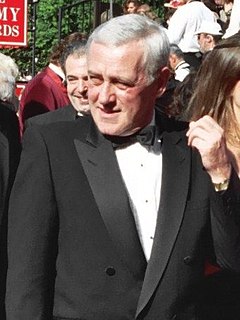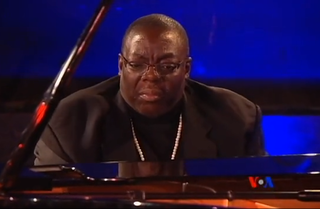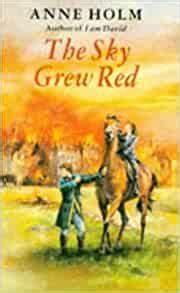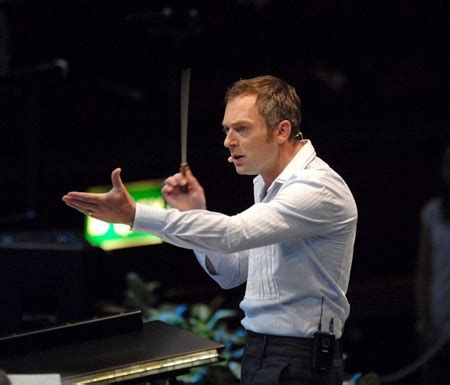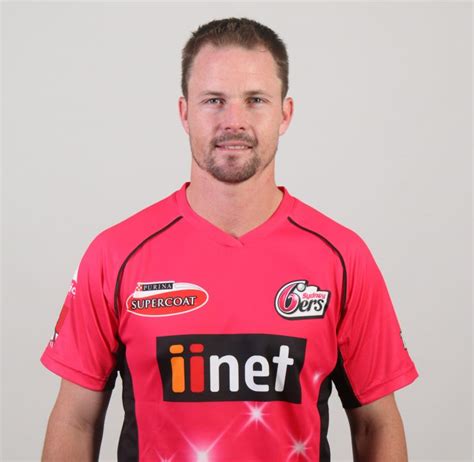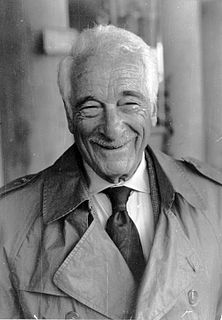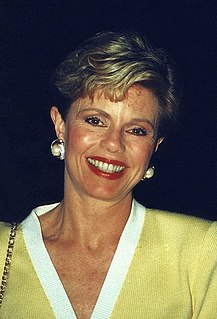A Quote by John Mahoney
I don't take much from my own father, because he was a very austere, quiet, private man who would come home from work, go to his parlour and play Beethoven on his piano.
Related Quotes
My mom tells this story that even when I was in the womb, my father played the piano and she sang. So, before I officially got here, I was already surrounded by music. I also like the way my father explains it. When I was about 3-years old, in order to keep me quiet, my father would put me in the bassinet and either put on some music or play the piano. When he started playing, I got quiet and eventually went to sleep. He said by the time I turned 3, I just climbed up on the piano and started playing it with the attitude of I'm gonna play dis here piano.
Rattigan's world demanded unwavering trust in principles, loyalty, and virtue. At the time of this play - Rattigan was writing this play in 1947 about an incident that took place in 1914 - should a boy say he didn't do something, his father would believe him; a British father would take the defense of his son's honor to his grave.
Theodor Geisel (otherwise known as Dr. Seuss) spent his workdays ensconced in his private studio, the walls lined with sketches and drawings, in a bell-tower outside his La Jolla, California, house. Geisel was a much more quiet man than his jocular rhymes suggest. He rarely ventured out in public to meet his young readership, fretting that kids would expect a merry, outspoken, Cat in the Hat–like figure, and would be disappointed with his reserved personality. “In mass, [children] terrify me,” he admitted.
When the father dies, he writes, the son becomes his own father and his own son. He looks at is son and sees himself in the face of the boy. He imagines what the boy sees when he looks at him and finds himself becoming his own father. Inexplicably, he is moved by this. It is not just the sight of the boy that moves him, not even the thought of standing inside his father, but what he sees in the boy of his own vanished past. It is a nostalgia for his own life that he feels, perhaps, a memory of his own boyhood as a son to his father.
